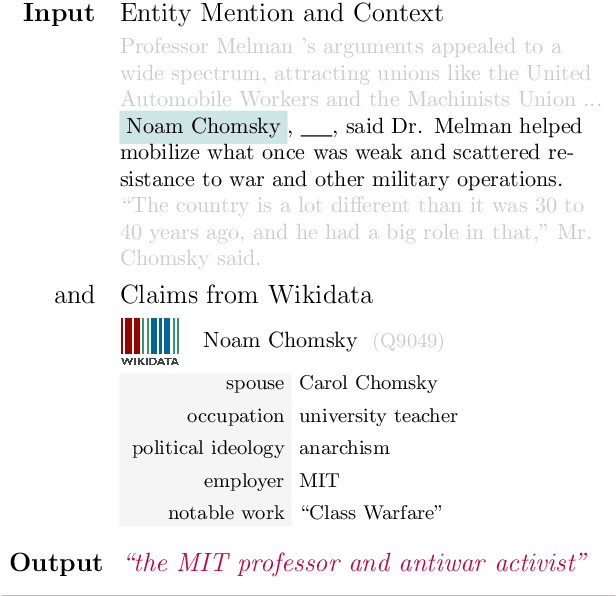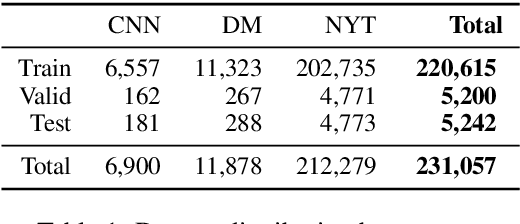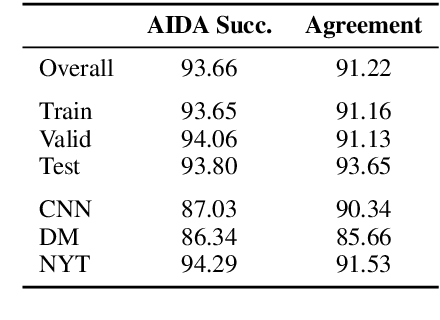Jun Seok Kang
$\texttt{DIAMONDs}$: A Dataset for $\mathbb{D}$ynamic $\mathbb{I}$nformation $\mathbb{A}$nd $\mathbb{M}$ental modeling $\mathbb{O}$f $\mathbb{N}$umeric $\mathbb{D}$iscussions
May 19, 2025Abstract:Understanding multiparty conversations demands robust Theory of Mind (ToM) capabilities, including the ability to track dynamic information, manage knowledge asymmetries, and distinguish relevant information across extended exchanges. To advance ToM evaluation in such settings, we present a carefully designed scalable methodology for generating high-quality benchmark conversation-question pairs with these characteristics. Using this methodology, we create $\texttt{DIAMONDs}$, a new conversational QA dataset covering common business, financial or other group interactions. In these goal-oriented conversations, participants often have to track certain numerical quantities (say $\textit{expected profit}$) of interest that can be derived from other variable quantities (like $\textit{marketing expenses, expected sales, salary}$, etc.), whose values also change over the course of the conversation. $\texttt{DIAMONDs}$ questions pose simple numerical reasoning problems over such quantities of interest (e.g., $\textit{funds required for charity events, expected company profit next quarter}$, etc.) in the context of the information exchanged in conversations. This allows for precisely evaluating ToM capabilities for carefully tracking and reasoning over participants' knowledge states. Our evaluation of state-of-the-art language models reveals significant challenges in handling participant-centric reasoning, specifically in situations where participants have false beliefs. Models also struggle with conversations containing distractors and show limited ability to identify scenarios with insufficient information. These findings highlight current models' ToM limitations in handling real-world multi-party conversations.
PoMo: Generating Entity-Specific Post-Modifiers in Context
Apr 08, 2019



Abstract:We introduce entity post-modifier generation as an instance of a collaborative writing task. Given a sentence about a target entity, the task is to automatically generate a post-modifier phrase that provides contextually relevant information about the entity. For example, for the sentence, "Barack Obama, _______, supported the #MeToo movement.", the phrase "a father of two girls" is a contextually relevant post-modifier. To this end, we build PoMo, a post-modifier dataset created automatically from news articles reflecting a journalistic need for incorporating entity information that is relevant to a particular news event. PoMo consists of more than 231K sentences with post-modifiers and associated facts extracted from Wikidata for around 57K unique entities. We use crowdsourcing to show that modeling contextual relevance is necessary for accurate post-modifier generation. We adapt a number of existing generation approaches as baselines for this dataset. Our results show there is large room for improvement in terms of both identifying relevant facts to include (knowing which claims are relevant gives a >20% improvement in BLEU score), and generating appropriate post-modifier text for the context (providing relevant claims is not sufficient for accurate generation). We conduct an error analysis that suggests promising directions for future research.
 Add to Chrome
Add to Chrome Add to Firefox
Add to Firefox Add to Edge
Add to Edge